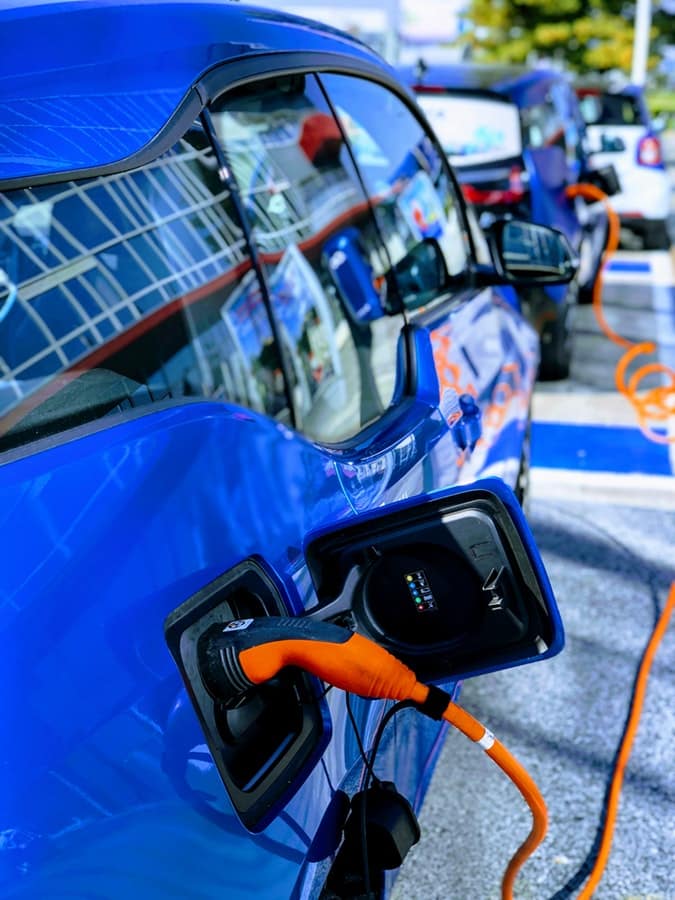New York Begins Implementation of Requirements to Transition to Zero-Emission Vehicles by 2035

New York Governor Kathy Hochul has directed the Department of Environmental Conservation to take regulatory action requiring a growing percentage of new light-duty vehicle sales to be zero-emission starting with 35 percent of sales in model year 2026, and reaching 68 percent by 2030 and 100 percent by 2035. The move follows California’s Advanced Clean Cars II rule adopted in August requiring zero-emission vehicles to constitute all new light-duty vehicle sales by 2035.
The regulation would include flexibility for the manufacturers in meeting the emission requirements in order to facilitate a successful transition to cleaner vehicles. Recommendations in the Climate Action Council’s Draft Scoping Plan include the adoption of the clean cars rule. This course of action will significantly reduce air pollution and provide health benefits specifically to disadvantaged communities residing nearby to heavy vehicle traffic transit routes.
The move is among key actions required to meet the requirements of the 2019 Climate Leadership and Community Protection Act. The law requires New York to achieve zero-emission electricity by 2040, including 70 percent renewable energy generation by 2030, and also reduce emissions by 85 percent by 2050.
New York will receive $175 million through the National Electric Vehicle Infrastructure, or NEVI, program under the 2021 Infrastructure Investment and Jobs Act. The program provides $5 billion to states over five years to develop a national electric vehicle charging network.
Governor Hochul highlighted other initiatives underway including an investment of $1 billion for zero emission vehicles of all weight classes in the upcoming five years. A grant of about $5.75 million will help municipalities purchase or lease zero-emission vehicles for fleet use and install public electric vehicle charging and hydrogen fueling stations. Notably, 40 percent of funds will be allotted for disadvantaged communities for the first time based on draft criteria identified by the Climate Justice Working Group. The state’s Drive Clean Rebate Program, with an additional $10 million funding, will help consumers purchase or lease an electric vehicle. Since 2017, this program has provided more than $92 million in rebates.
EnerKnol Pulses like this one are powered by the EnerKnol Platform—the first comprehensive database for real-time energy policy tracking. Sign up for a free trial below for access to key regulatory data and deep industry insights across the energy spectrum.
ACCESS FREE TRIAL